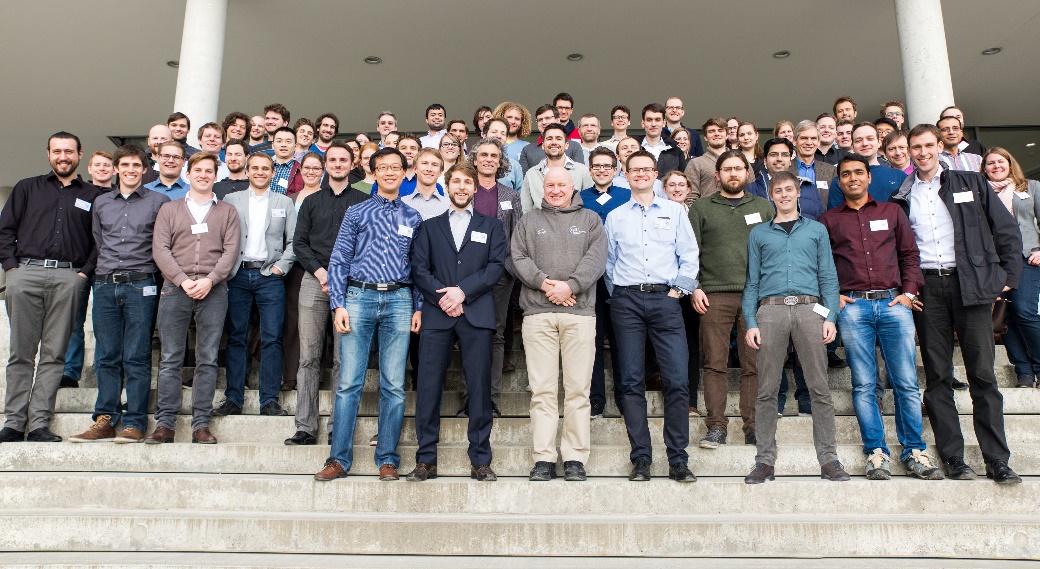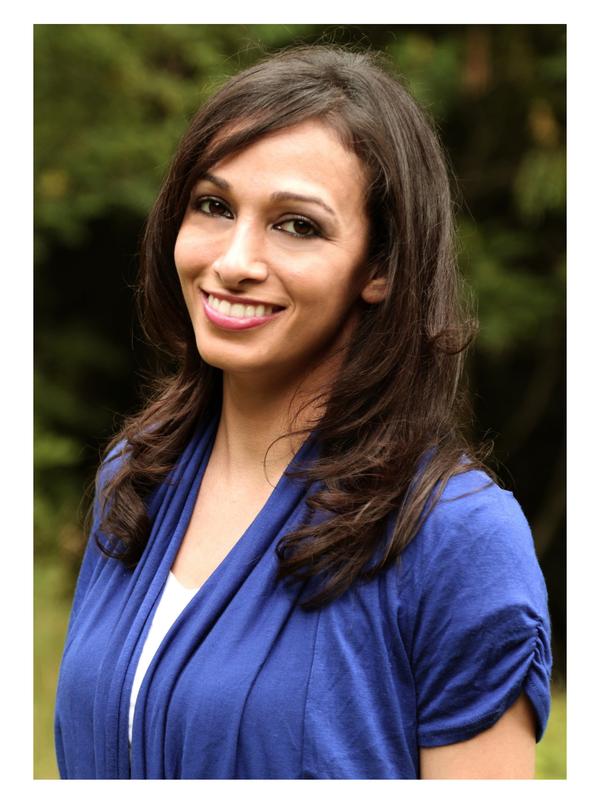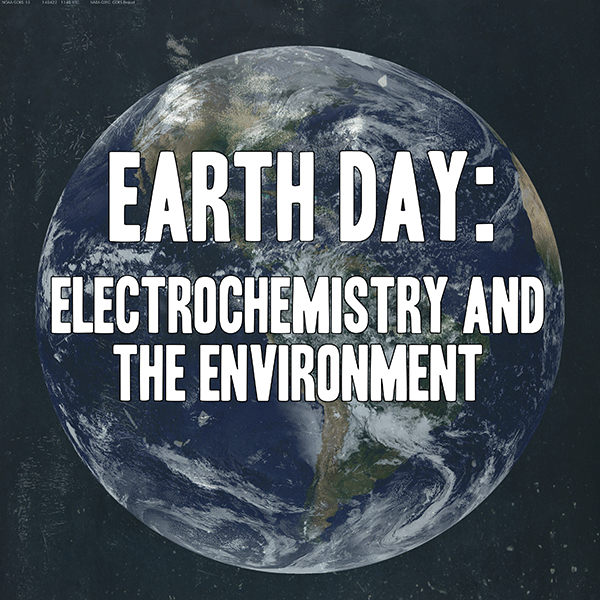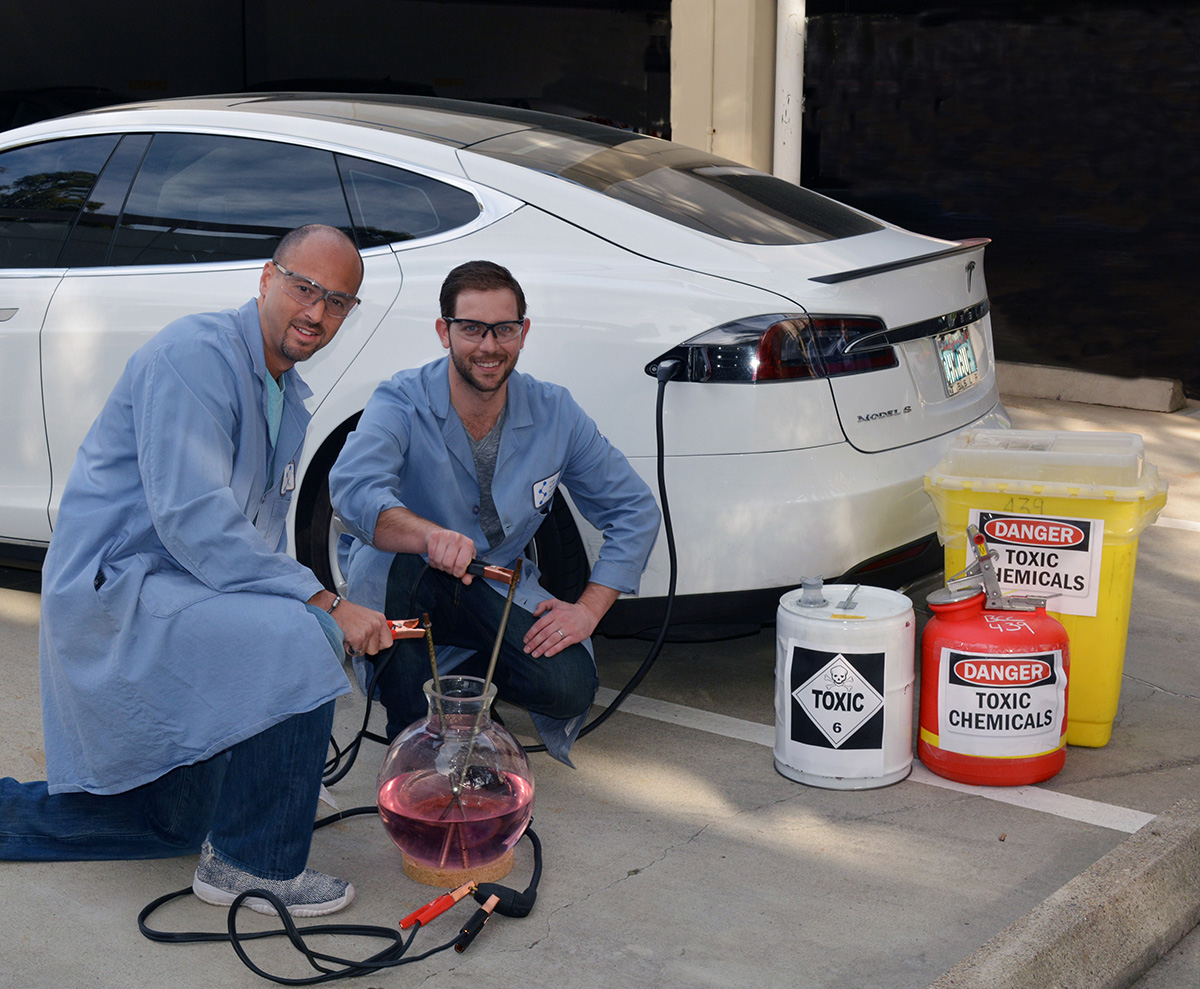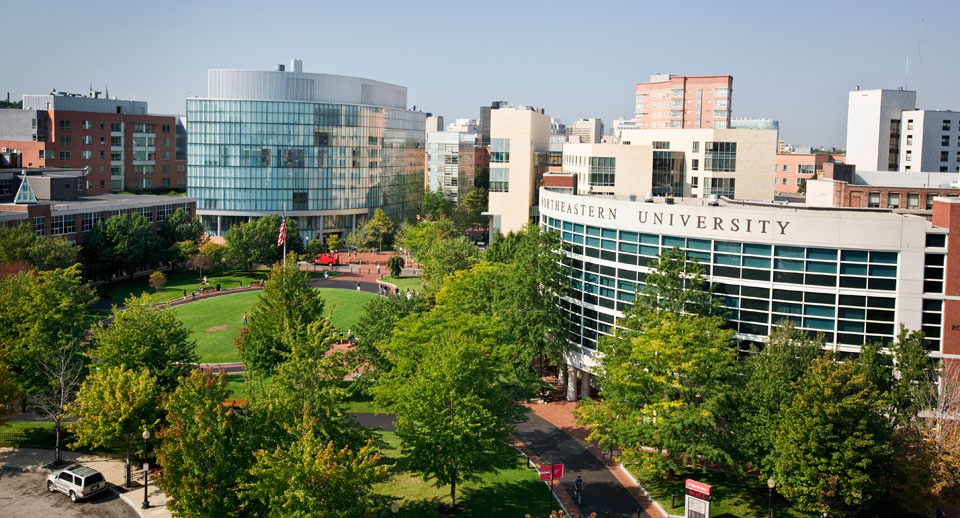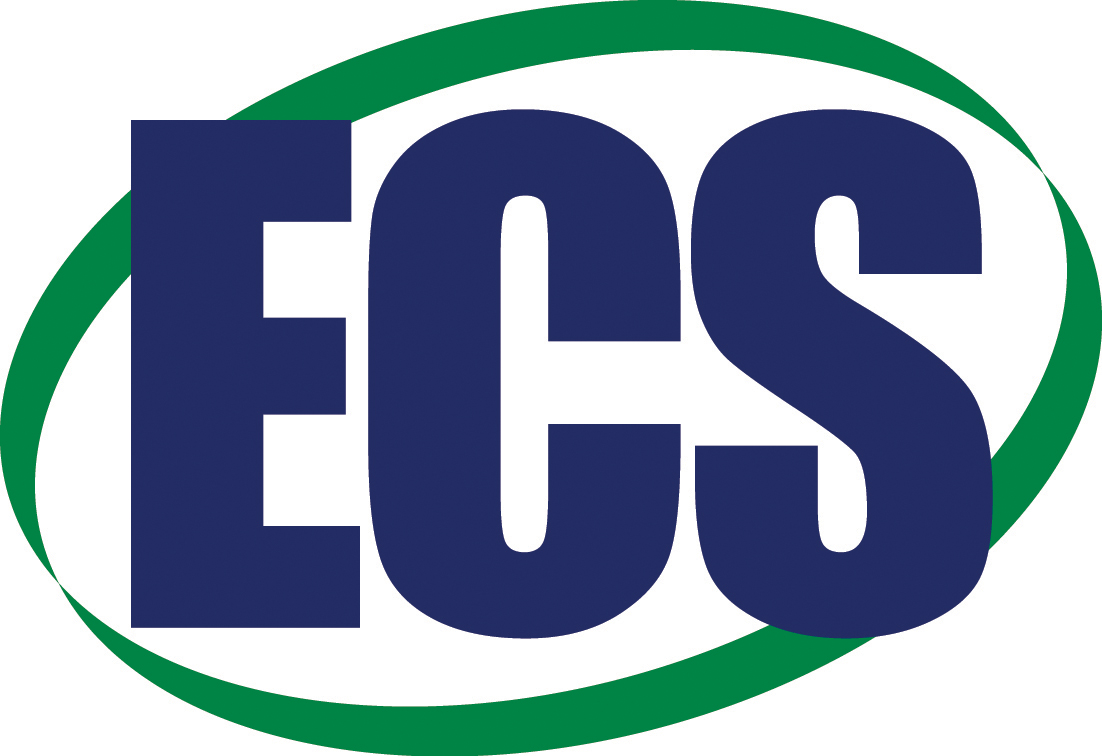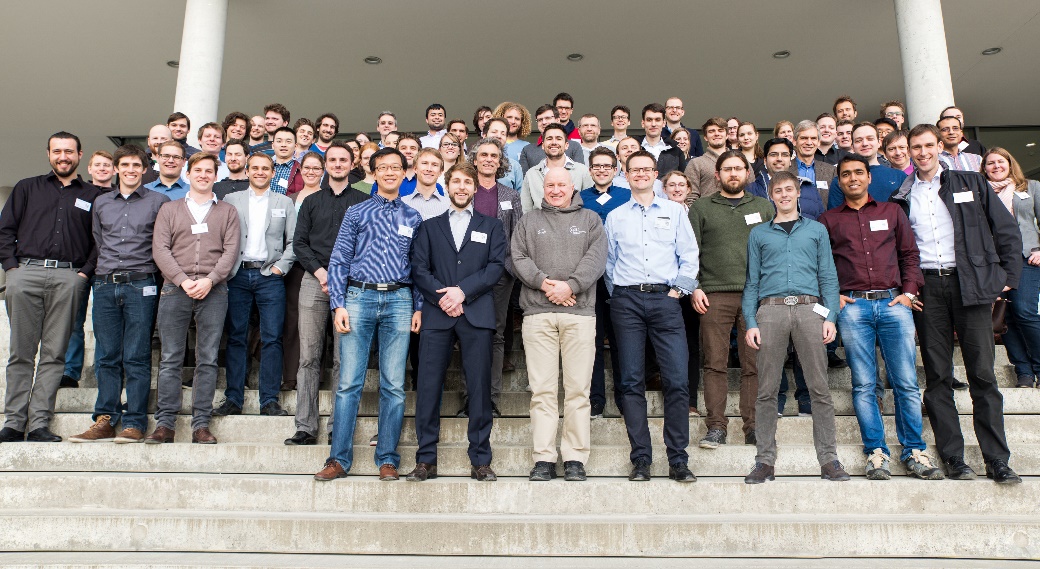
Attendees of the 1st ECS Student Chapter Munich Symposium at the entrance of the TUM IAS building. TUM is the top academic institution by student ECS membership!
Student membership is fundamental to ECS. Without student members—its inquisitive, innovative minds—the ECS would not be the thriving organization it is today.
The ECS has put down roots in academic institutions around the world that grow each and every day. ECS staff recently analyzed membership data to determine which academic institutions had the greatest presence based upon student ECS membership.
The chart below lists the top 40 academic institutions based upon student ECS membership.
Note: This analysis recognizes only student ECS members in good standing. Expired members were not taken into account.
Check out the chart to find out if your institution made the list!


